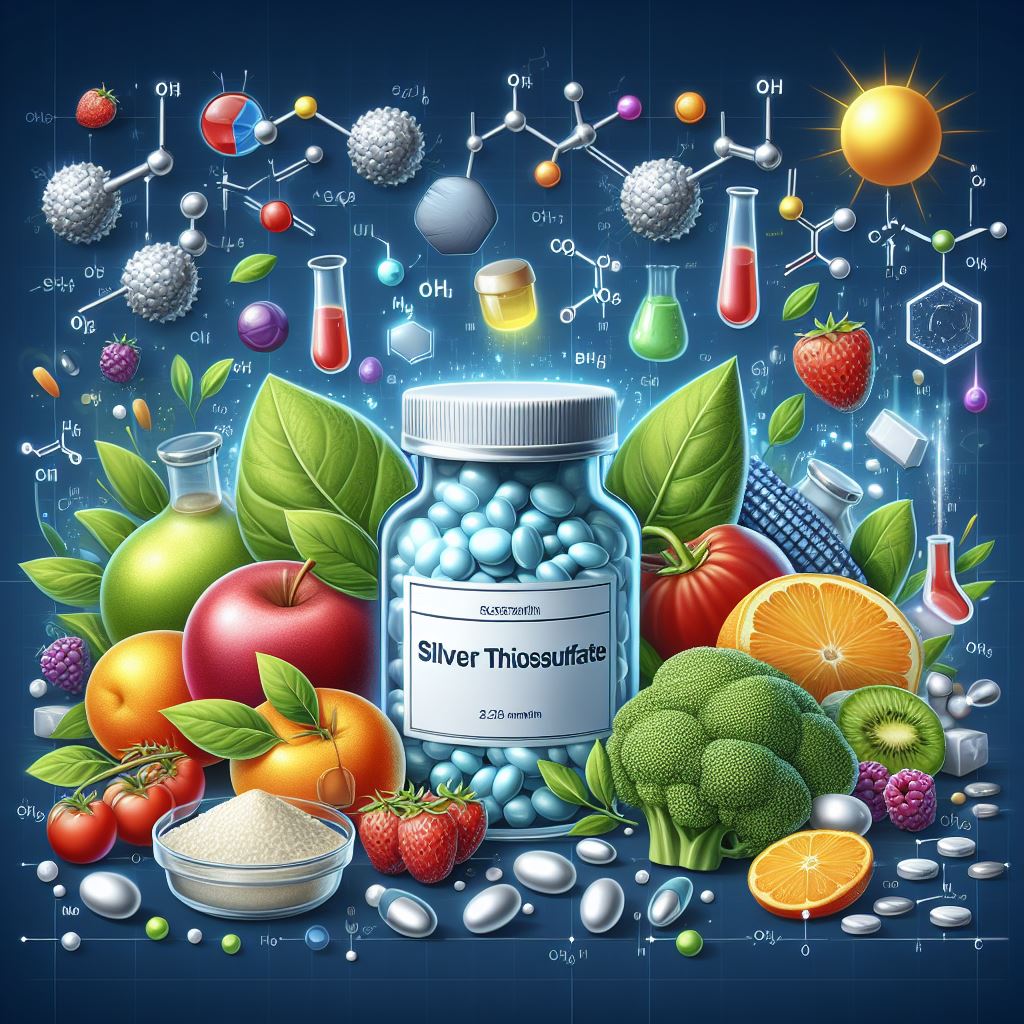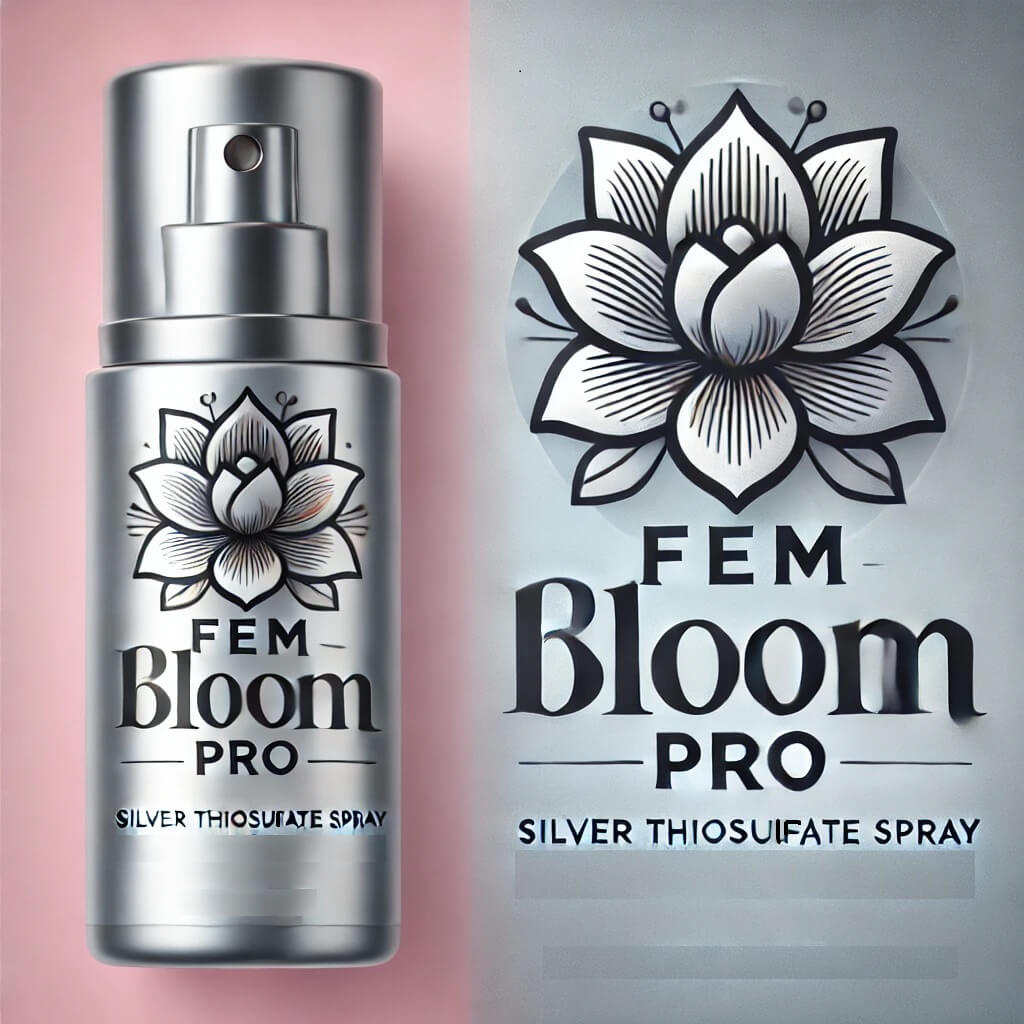Unlocking Potential: The Versatile Applications of STS Spray in Horticulture

In the world of horticulture, advancements are constantly being made to streamline processes and enhance crop yields. One such breakthrough is the application of Silver Thiosulfate (STS) spray, originally designed for cannabis cultivation, but now showing promise across various plant families.
1. Precision Seed Production:
The primary application of STS spray is in the controlled feminization of cannabis plants. By inducing the production of feminized seeds, cultivators can ensure a higher percentage of female plants, leading to increased yield and potency. This precision in seed production has revolutionized the cannabis industry.
2. Exploring Beyond Cannabis:
As researchers delve deeper into the potential of STS, there’s growing speculation about its applicability to other plants within the cannabis family, such as hemp. The possibility of adapting this technology for other crops opens doors to a new era of agricultural efficiency.
3. Extending to Fruits and Vegetables:
Considering the shared genetic characteristics among certain plant families, the application of STS spray may extend beyond cannabis. Fruit and vegetable cultivators could potentially harness this technology to produce single-sex seedlings, optimizing crop management and improving overall harvest quality.
4. A Paradigm Shift in Breeding Practices:
The ability to influence sex determination in plants challenges traditional breeding practices. STS spray offers a more controlled and efficient method, reducing the unpredictability associated with natural processes. This innovation has the potential to redefine breeding strategies in horticulture.
5. Ethical and Sustainable Agriculture:
STS spray aligns with the principles of ethical and sustainable agriculture by reducing the need for excessive plant populations. Cultivators can focus on cultivating the desired sex, minimizing resource waste and environmental impact.
6. Challenges and Considerations:
While the promise of STS spray in diverse plant applications is exciting, there are challenges and ethical considerations. Rigorous research and responsible use are essential to navigate potential ecological impacts and ensure the sustainable integration of this technology.
The potential application of STS spray in fruit crops is an intriguing possibility. While primarily developed and studied for cannabis, the underlying concept of inducing feminization could theoretically be explored in certain fruit plants that share similarities in their genetic makeup.
Research in this area is still in its early stages, and factors such as the genetic compatibility of different plant species and the specific mechanisms governing sex determination need thorough investigation.
In essence, while the concept is fascinating, further scientific exploration and validation are needed to determine the viability and safety of using STS spray in fruit crops for inducing single-sex seedlings.
Therefore STS spray’s potential applications extend far beyond its origins in cannabis cultivation. As horticulturists explore its effects on various plants within the cannabis family and possibly beyond, the prospect of a more controlled and efficient approach to seed production beckons. The journey towards harnessing the full potential of STS spray in horticulture has just begun, promising a greener and more productive future for growers worldwide.

Silver Thiosulfate Spray – Fem Bloom Pro
Silver Thiosulfate Spray
Introducing “Fem Bloom Pro – Precision STS Spray”
Unlock the full potential of your cannabis cultivation with Fem Bloom Pro, our advanced Silver Thiosulfate Spray. Specially formulated for discerning cultivators, this solution empowers you to control and enhance your crop by …
